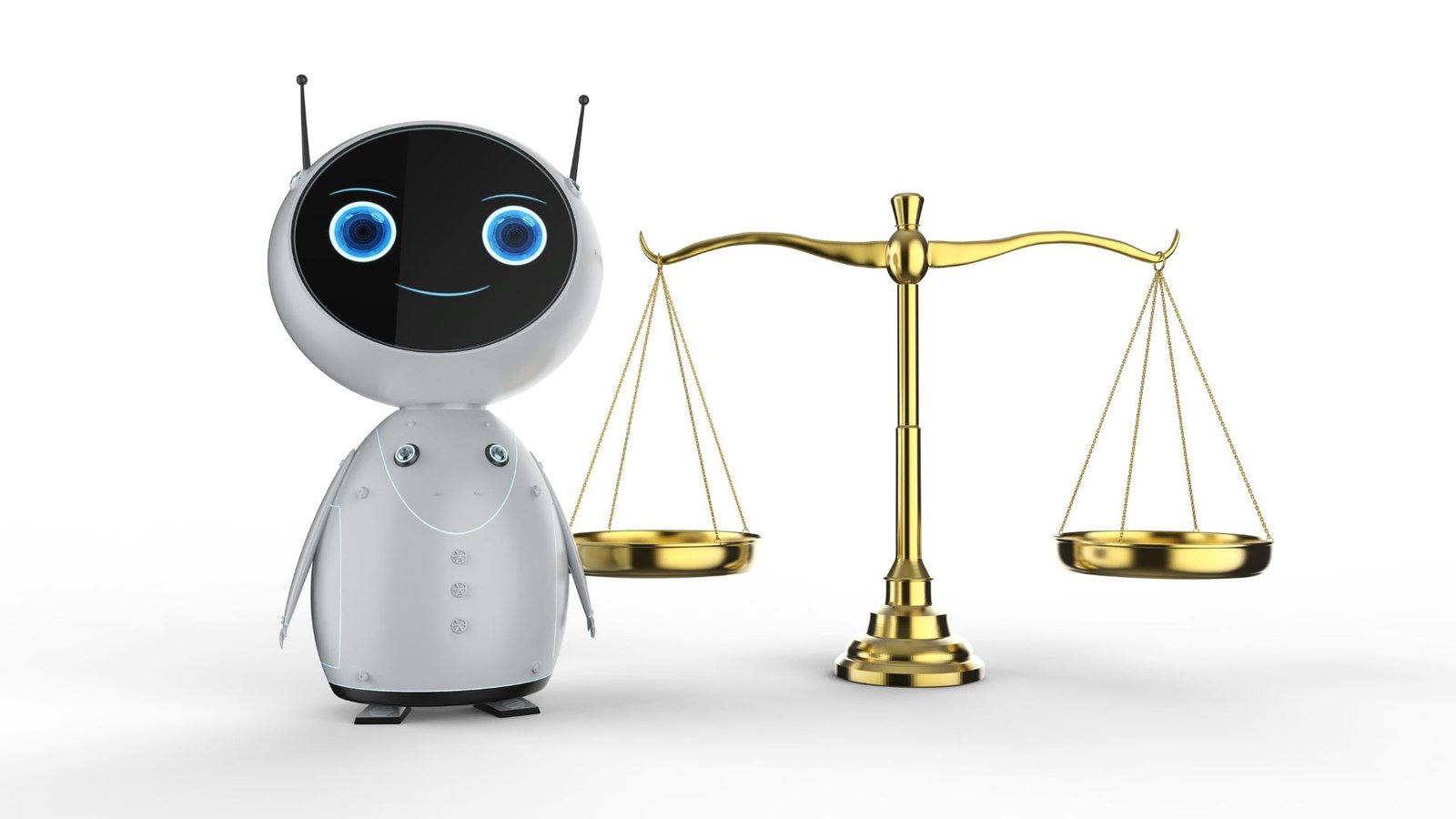On this page you will read detailed information about Draft Broadcasting Services (Regulation) Bill 2023.
As you analyze the Draft Broadcasting Services (Regulation) Bill 2023 proposed in India, consider the potential impact on broadcast media. This draft legislation aims to regulate content disseminated over various broadcasting platforms to align with national interests. In your position, you likely need to assess whether aspects of the bill could enable censorship or limit free speech. To form an educated perspective, research the bill’s specific language regarding content regulation across television, radio, online services, and more. Compare measures laid out to current broadcasting laws and industry self-regulation. With knowledge gained, determine what effects the bill may have on broadcasters, consumers, and the wider public if it becomes law. Consider arguments on all sides as you shape your viewpoint through this analysis.
Overview of the Draft Broadcasting Services (Regulation) Bill 2023
The Draft Broadcasting Services (Regulation) Bill 2023 aims to replace the existing regulatory framework governing broadcasting in India with a new legislation. If passed, the bill would overhaul the current system and establish a new regulatory body to govern broadcasting services in India.
The bill proposes to set up an independent regulatory body called the ‘Broadcasting Regulatory Authority of India’ (BRAI) to regulate broadcasting services. The BRAI would replace the existing regulatory bodies in the broadcasting sector like the Telecom Regulatory Authority of India (TRAI) and the Ministry of Information and Broadcasting. The new regulatory body is intended to regulate broadcasting in a more effective manner.
The draft bill also proposes to expand the scope of broadcasting services to include over-the-top (OTT) and internet-based communication services. Currently, traditional broadcasting mediums like television and radio are regulated, but new age mediums like OTT platforms are largely unregulated. The inclusion of OTT and internet-based services would bring them under the purview of the proposed broadcasting law. However, there are concerns about excessive regulation of the OTT industry which could stifle innovation.
The bill further proposes to overhaul the licensing and permissions framework applicable to broadcasting services. It aims to simplify the permissions required to operate broadcasting services. The draft bill also seeks to strengthen the penal provisions for violation of the broadcasting law. However, some stakeholders argue that the penal provisions proposed in the bill are very stringent.
The bill is still in draft form and aims to update the existing broadcasting law to keep up with technological advancements. However, its proposals, especially around the regulation of OTT platforms, have been a subject of debate. The bill needs to strike a balance between regulation and innovation in the broadcasting sector.
Key Provisions in the Draft Broadcasting Services Bill
The Draft Broadcasting Services (Regulation) Bill proposes several key provisions that aim to regulate broadcasting services in India. Some of the major provisions are outlined below:
Licensing of Broadcasting Services
The Bill requires broadcasters to obtain licenses for television and radio channels as well as distribution platforms. Licenses would be provided for a fixed period and fees would be charged. The central government may specify eligibility criteria and licensing procedures through rules and regulations.
Content regulation
The Bill gives the central government powers to prohibit and regulate content that is against the sovereignty, integrity, and national security of India. The central government may also regulate content in the interest of foreign relations, public order, decency, or morality. Further, the government may regulate content that promotes superstition or blind belief, or is unsuitable for children.
Advertising regulation
The Bill empowers the central government to regulate advertising on broadcasting services. The government can specify the language of advertisements, duration and frequency of ads, as well as product categories for which ads are prohibited or restricted. The government may also regulate ads targeted at children.
Other provisions
Other key provisions in the Bill include:
- Establishment of a regulatory body called the Broadcast Regulatory Authority of India (BRAI) to regulate broadcasting services.
- Prohibition of certain broadcasters from owning stakes in distribution platforms and vice versa. This aims to prevent monopolies and ensure fair competition.
- Carriage of mandated content such as educational channels, community radio stations, and government-run channels by distribution platforms.
- Compliance with the Programme and Advertising Code prescribed by the central government. Penalties may be imposed for violations.
- Licensing of agents and aggregators who retransmit broadcasting services.
The Draft Broadcasting Services Bill proposes a regulatory framework to govern television and radio broadcasting as well as carriage of broadcasting content in India. The provisions aim to regulate licensing, content, advertising and monopolies in the broadcasting sector. However, some critics argue that the Bill gives excessive powers to the government to regulate broadcasting services. There are also concerns over restrictions on media freedom.
In the previous post, we had shared information about Exploring E-Commerce Website and Their Legal Liabilities in India, so read that post also.
Analysis of the Regulatory Framework Proposed
The Draft Broadcasting Services (Regulation) Bill 2023 aims to establish a regulatory framework for broadcasting services in India.
Licensing of Broadcasting Services
To operate broadcasting services, the bill proposes that entities obtain licenses from the Central Government. The Central Government may grant licenses for specific types of broadcasting services like satellite television, direct-to-home (DTH), internet protocol television (IPTV), etc. Licenses will be provided based on parameters like net worth, experience, and technical competence. License fees and license periods will also be prescribed.
Content Regulation
The bill empowers the Central Government to prohibit or regulate content that is against public interest, security of the state, public order, or morality. The government can also issue directions to broadcasters related to programming and advertisements. Further, the government may make rules related to content regulation for different types of broadcasting services.
Advertising Time Limits
The bill proposes limiting the duration of advertisements in broadcasting services. The maximum limit on advertisement time will be prescribed through rules for different types of broadcasting services. The rules may also specify the language, timing, and frequency of ads. These provisions aim to prevent the disruption of programs and ensure a good viewing experience.
Penalties for Violations
To ensure compliance, the bill proposes penalties for violations of its provisions. Unauthorized broadcasting operations or content in violation of program codes can attract penalties up to Rs. 50 crore and cancellation or suspension of licenses. Failure to comply with government directions can also lead to penalties up to Rs. 10 crore. These stringent penalties aim to curb non-compliance and uphold regulations.
In summary, the draft bill establishes a broad regulatory framework for broadcasting services in India. The framework focuses on licensing, content regulation, advertising limits, and penalties for violations. Stakeholder consultations and deliberations in Parliament will shape the final bill. Overall, the bill aims to regulate broadcasting services in the public interest.
Impact on Broadcasting Industry Stakeholders
The Draft Broadcasting Services (Regulation) Bill 2023 may significantly impact major broadcasting industry stakeholders in India if passed into law.
Cable Operators and DTH Players
Platform services and direct-to-home (DTH) providers would be required to obtain government licenses to operate, posing additional costs and regulatory requirements. The bill proposes stringent penalties for violations, including heavy fines and imprisonment, which could financially impact these companies if not closely adhered to.
Content Creators
Content creators, producers and distributors would need to ensure their programming and content align with the bill’s “public interest” and decency standards to be carried by cable and DTH platforms. More restrictive content guidelines may limit creative freedom and require additional investment in compliance. However, the bill also aims to curb piracy, which could benefit content creators by reducing revenue loss from illegal distribution of their intellectual property.
Consumers
Consumers may experience disruption in services if platforms or channels are penalized for violations. They may also face higher costs if increased compliance requirements and license fees are passed onto subscribers. However, the bill intends to improve quality of service and protect viewers from inappropriate content, which could enhance the overall broadcasting experience for customers if effectively implemented.
Advertisers
Stricter decency standards and content regulations could impact advertising opportunities for brands and marketing messages if certain types of content or programming are prohibited. However, an improved regulatory environment and piracy reduction may build more trust in the broadcasting industry, encouraging long-term advertising investment.
The Draft Broadcasting Services (Regulation) Bill 2023 aims to overhaul India’s broadcasting regulatory framework to align with the country’s changing socio-economic landscape. If executed properly, it could strengthen governance and accountability in the broadcasting sector. However, stringent penalties, restrictive content guidelines and increased costs are concerning to industry stakeholders. Careful consideration of stakeholder impacts and a balanced regulatory approach will be needed to achieve the bill’s objectives without disproportionate consequences. Overall, the bill signals an opportunity to improve India’s broadcasting services, but one that requires deliberation and stakeholder input to get right.
Future Outlook and Challenges for Broadcasting Regulation
The draft Broadcasting Services Regulation Bill aims to update India’s broadcasting laws for the digital age. If passed into law, the bill would overhaul the existing regulatory framework to keep pace with technology changes and strengthen certain protections. However, the bill also faces some criticism and challenges in implementation.
Regulating broadcasting services in the 21st century is complex, as audiences now access content on multiple platforms – not just television and radio. The draft bill acknowledges this shift by proposing to regulate “broadcasting services” across all platforms, including online streaming and Internet-based services. Such an approach could help establish consistent content standards and protect audiences from inappropriate or illegal content, regardless of how they access it.
On the other hand, expanding regulation to online platforms poses risks of overreach that could stifle innovation. Streaming services and Internet companies may argue they should not face the same regulations as traditional broadcasters. There are also concerns about how practical it will be for the government to monitor content across so many platforms. Regulators will need to find the right balance between establishing minimum standards and avoiding excess control.
If passed, implementing the bill’s provisions would require significant resources and time. The government will have to determine how to apply broadcasting codes to new media, establish licensing frameworks, and expand the regulator’s monitoring capabilities. There may be legal challenges to provisions like the broadcasting tribunal. Full implementation could take years.
In summary, updating India’s broadcasting laws is necessary but also complex with many open questions. The draft bill shows promise in aiming to protect audiences in the digital age, but its broad scope and ambitious goals mean practical challenges lie ahead. With continued debate and compromise, the bill could establish a regulatory model fit for the future. But without care and pragmatism, it risks overreach, delay, or irrelevance. The path forward remains unclear but important to navigate.
Conclusion
As we have explored, the draft Broadcasting Services (Regulation) Bill 2023 proposes several changes to India’s broadcasting regulatory framework that could have wide-ranging impacts. While bringing online content under the purview of regulation aims to create a level playing field between traditional and digital media, concerns remain about potential censorship and constraints on free speech. As the bill continues through debate and revision, you will need to closely monitor developments and consider how proposed regulations could affect your broadcasting operations. Engaging through the consultation process can help ensure balanced regulation that protects consumers while enabling growth and innovation across India’s dynamic broadcasting landscape.
Disclaimer
The information and services on this website are not intended to and shall not be used as legal advice. You should consult a Legal Professional for any legal or solicited advice. While we have good faith and our own independent research to every information listed on the website and do our best to ensure that the data provided is accurate. However, we do not guarantee the information provided is accurate and make no representation or warranty of any kind, express or implied, regarding the accuracy, adequacy, validity, reliability, availability, or completeness of any information on the Site. UNDER NO CIRCUMSTANCES SHALL WE HAVE ANY LIABILITY TO YOU FOR ANY LOSS OR DAMAGE OF ANY KIND INCURRED AS A RESULT OR RELIANCE ON ANY INFORMATION PROVIDED ON THE SITE. YOUR USE OF THE SITE AND YOUR RELIANCE ON ANY INFORMATION ON THE SITE IS SOLELY AT YOUR OWN RISK. Comments on this website are the sole responsibility of their writers so the accuracy, completeness, veracity, honesty, factuality and politeness of comments are not guaranteed.
So friends, today we talked about Draft Broadcasting Services (Regulation) Bill 2023, hope you liked our post.
If you liked the information about Draft Broadcasting Services (Regulation) Bill 2023, then definitely share this article with your friends.
Knowing about laws can make you feel super smart ! If you find value in the content you may consider joining our not for profit Legal Community ! You can ask unlimited questions on WhatsApp and get answers. You can DM or send your name & number to 8208309918 on WhatsApp








